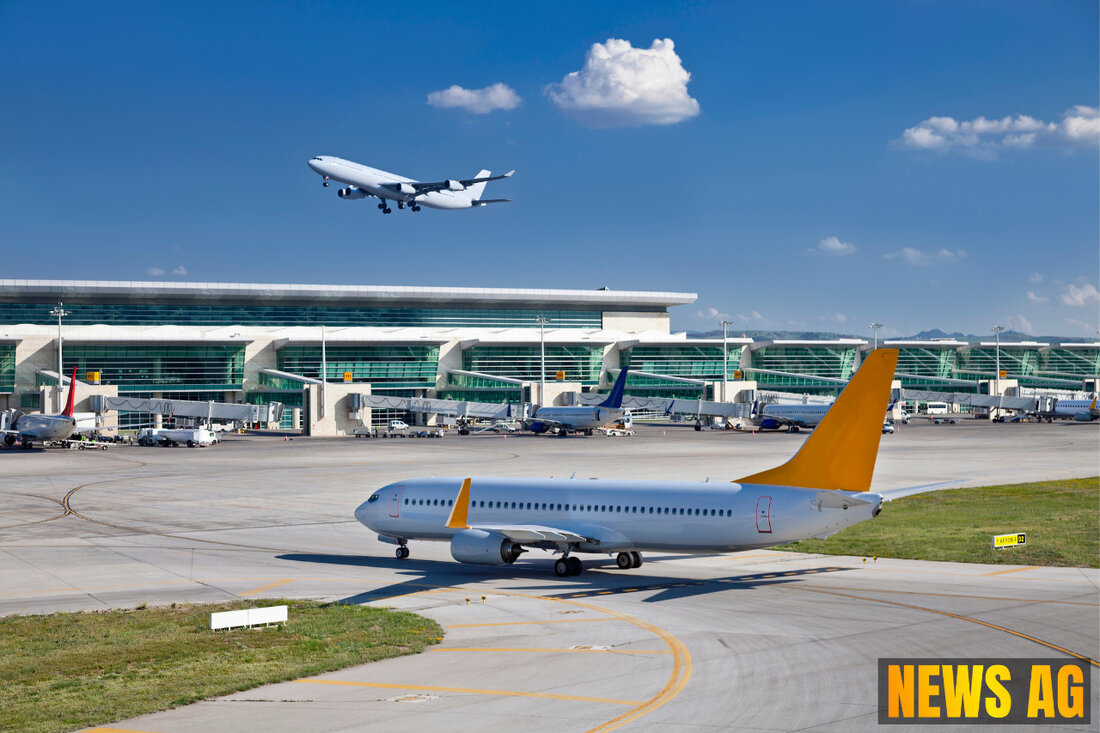Jamaican Man Escapes 'Alligator Alcatraz': A Story of Resilience and Advocacy
A Jamaican man returned home after being detained at Florida's Alligator Alcatraz. Advocacy efforts highlighted immigration challenges.

Jamaican Man Escapes 'Alligator Alcatraz': A Story of Resilience and Advocacy
In a recent turn of events, a Jamaican man who had been held at Florida’s „Alligator Alcatraz,“ a detention center located at the former Dade-Collier Training and Transition Airport in the Everglades, returned to his home country on August 8, 2025. This individual, who overstayed his visa that expired in September 2024, was detained during a traffic stop in Florida while driving, bringing to light the ongoing immigration issues faced by many individuals in similar circumstances. As Caribbean National Weekly reports, the situation caught the attention of the Global Jamaica Diaspora Council (GJDC) when his sister in Jamaica reached out on July 15. Advocacy efforts spearheaded by Michelle Tulloch-Neil, a GJDC representative, saw letters sent to Jamaica’s ambassador to the U.S., Major General (Ret’d) Anthony Anderson, urging immediate action.
This case is part of larger trends of immigration enforcement affecting Caribbean nationals, particularly Jamaicans. As VisaVerge highlights, over 5,000 Jamaicans faced deportation orders by late 2024, with many finding themselves entangled in a complex system where errors in documentation could lead to wrongful detentions. Legal challenges are ongoing, revealing flaws that impact families, emphasizing the urgent need for reform in immigration practices.
The Role of Advocacy and Diplomatic Support
Following her initial outreach, Tulloch-Neil worked closely with immigration attorney Beverly Clarke and the Jamaican Ministry of Foreign Affairs and Foreign Trade, which further intensified their efforts on behalf of the detainee. A concerted push between Ambassador Anderson and Consul General Oliver Mair involved direct communication with the Alligator Alcatraz facility, paving the way for the man’s eventual self-deportation. By July 30, he was transferred to a smaller facility, demonstrating a spirit of collaboration aimed at helping overwhelmed citizens.
While the plight of this individual has been highlighted, the backdrop of increased deportations is alarming. It reflects a broader, troubling trend noted by experts, especially since deportations from the U.S. are sharply increasing. ICE’s Enforcement and Removal Operations have been particularly active in targeting Caribbean nationals, with reports suggesting nearly 5,120 undocumented Jamaicans were facing deportation orders as of November 2024. This spike in enforcement raises serious concerns about the potential for family separations and wrongful detentions as families navigate complex immigration landscapes.
Conditions at Alligator Alcatraz
„Alligator Alcatraz“ was introduced as a solution to the growing immigration crisis. Officially opened on July 1, 2025, following rapid construction and significant public outcry, the facility has been controversial from its inception. As outlined by NBC Miami, reports from detainees emerged shortly after its opening, citing poor conditions such as insufficient access to food and clean water. These testimonies prompted local lawmakers and figures like Miami Archbishop Thomas Wenski to express serious concerns about the treatment of detainees, further igniting protests among community members and advocacy groups.
Despite attempts to counteract these criticisms, including claims by officials that detainees could contact attorneys, ongoing allegations regarding access to legal counsel and inadequate living conditions remain unresolved. Such challenges only heighten the urgency for oversight on the treatment of immigrants within the facility.
As this Jamaican man’s story unfolds, it highlights not only the individual struggles within the U.S. immigration system but the broader implications for thousands of families affected by similar situations. With advocacy groups pushing for accountability and justice, the road ahead remains complex amidst the evolving landscape of immigration law and policy.

 Suche
Suche
 Mein Konto
Mein Konto